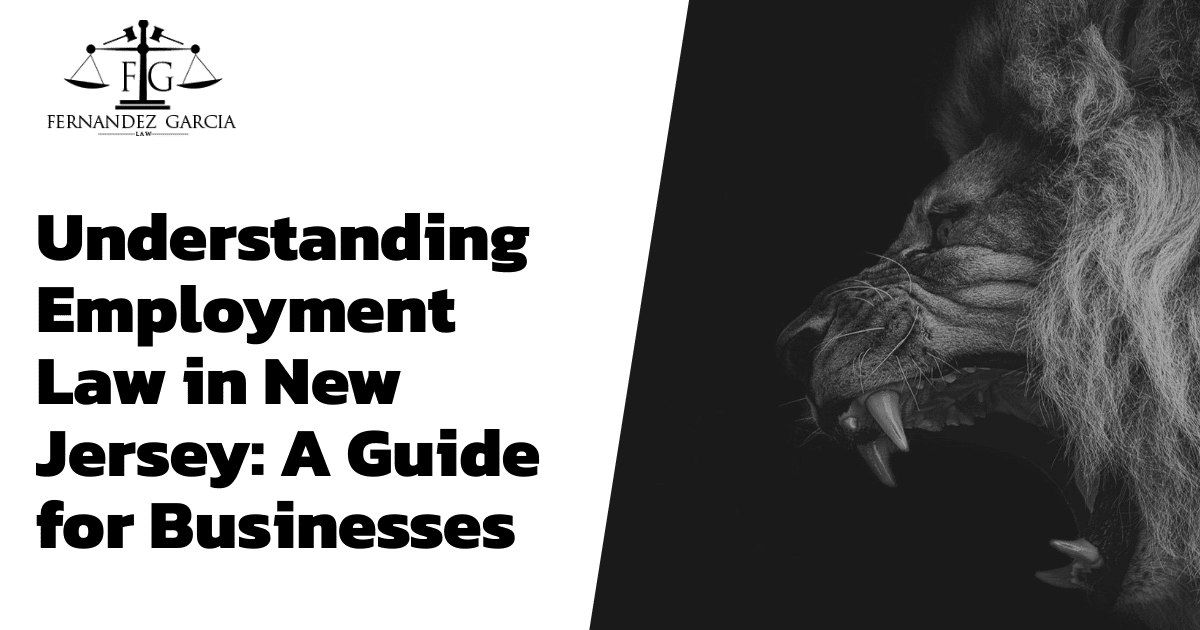
28 Feb Understanding Employment Law in New Jersey: A Guide for Businesses
As a business owner, understanding employment law is crucial to ensure a fair workplace and avoid potential legal issues. This guide focuses specifically on employment law in New Jersey to help businesses operate within the bounds of federal and state laws.
A Brief Overview of Employment Law in NJ
Employment law generally governs the rights and obligations between employers and workers. Each state may have its unique set of rules. New Jersey employment law covers various workplace issues, including wage and hour laws, discrimination, leave policies, and workplace safety, amongst other employment issues.
Wage and Hour Laws
In New Jersey, the minimum wage is set to increase steadily over the next few years. Additionally, there are specific rules about overtime pay, worker classification, breaks, and wage deductions. Employers must comply with these to avoid potential legal issues.
Discrimination and Harassment
New Jersey law prohibits discrimination and harassment in the workplace based on factors like race, sex, sexual orientation, gender identity, and religion. Furthermore, employers must take reasonable steps to prevent and promptly correct any such issues.
Leave Policies
New Jersey law also stipulates specific rules about leave. These include paid sick leave, family leave and more. Understanding these rules is critical to ensure employees get their entitled leave.
Frequently Asked Questions (FAQs)
- What does the New Jersey Anti-Discrimination Law cover?
This law prohibits discrimination in any job-related action, including recruitment, interviewing, hiring, promotions, discharge, compensation and terms and conditions of employment. - What is the minimum wage in New Jersey?
The minimum wage in New Jersey as of January 1, 2024, is $15.13 per hour for most workers.
Conclusion
Understanding and maintaining compliance with the New Jersey Employment Law is essential for any business operating within the state. Though this guide offers a high-level overview, consulting with an employment law attorney is highly recommended to ensure full compliance with all regulations and avoid any potential legal complications.

